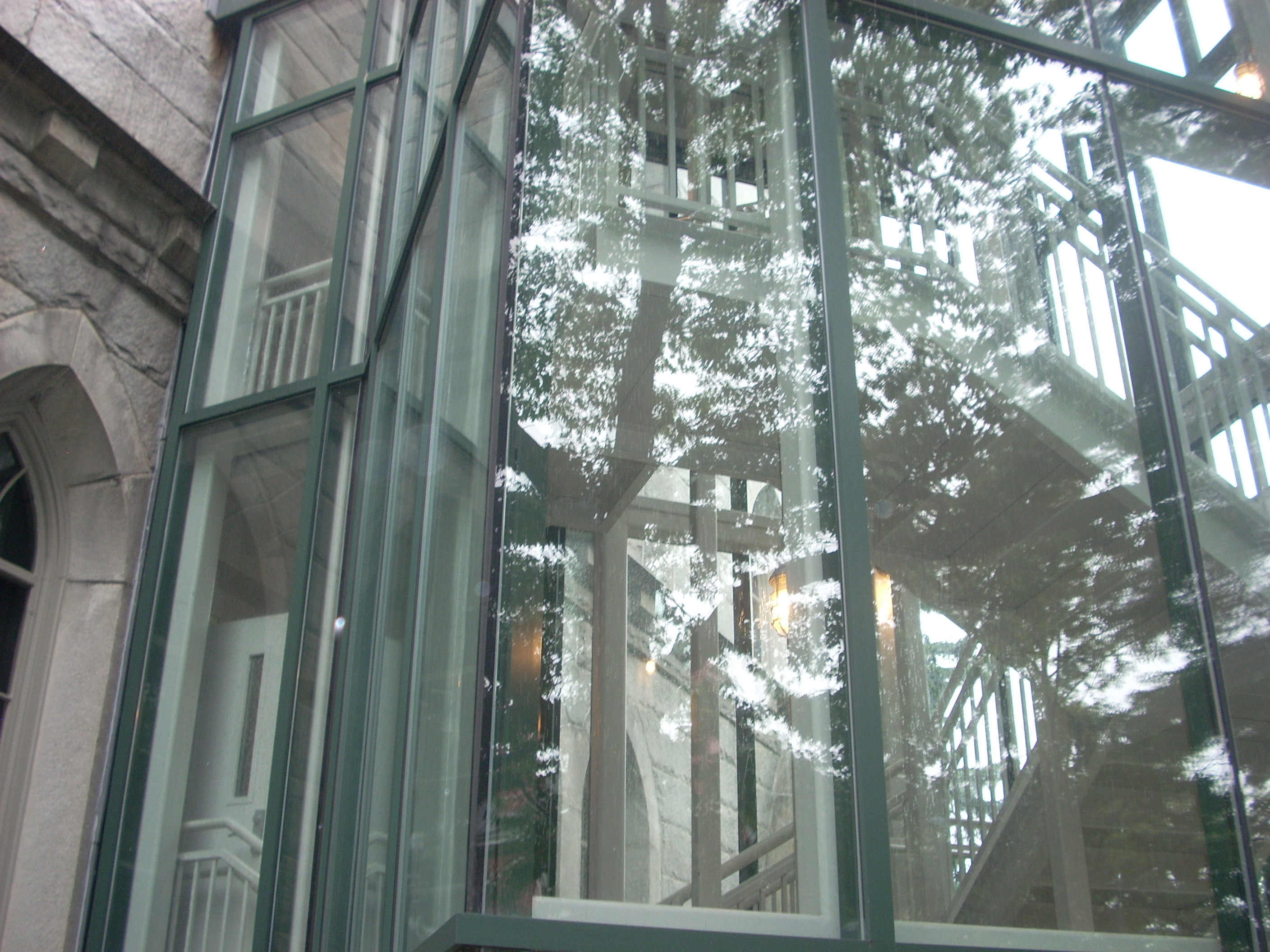
The New Johari Window
What about the postmodern world in which we dwell? How does this world impact on our relative blindness about ourselves? In what ways do we have to modify and expand on the second quadrant of the Johari Window to better address the distinctive challenges of postmodernism? As a first step toward answering these questions, I will reintroduce (from Chapter Two) two of the distinctive challenges associated with our emerging postmodern society. These challenges concern the complex (multiphrenic) nature of self in the postmodern world and the “white water world” in which we dwell. I will relate both to the second quadrant of the New Johari Window.
The Multiphrenic Self
We are living in a postmodern world in which to survive we must be many people in many settings. It’s not just that we are saturated with multiple images of self, as Gergen suggests, we also act out many different roles and engage many different styles in a society that is: (1) heterogeneous (complex), (2) dynamic (turbulent) and (3) multi-tiered (complex and unpredictable). Much like navigating our kayak through the turbulence of a white water stream, we are always shifting directions, rebalancing ourselves, and looking simultaneously at the challenges, barriers and opportunities that surround us and those that we anticipate “down stream” (in the future).
All of this means that leaders like Joseph (my coaching client) are likely to be seen in different ways by different people in different settings and even by the same people in different settings and at different times. This, in turn, means that the feedback any of us receive is likely to be contradictory or at least confusing. In Joseph’s case, some people in his organization do see him as a “son-of-a-x@#&%,” while others (who know him in some settings or have seen him interact with his family or young people he is mentoring) see him as someone who is caring. Given that we already have an opaque sense of what to anticipate in terms of how specific people see us, we are particularly attuned to certain types of feedback from these specific people and at certain times and places. At the same time, we are likely to be truly blind to (and can not anticipate) feedback from other people, in other places and at other times.







